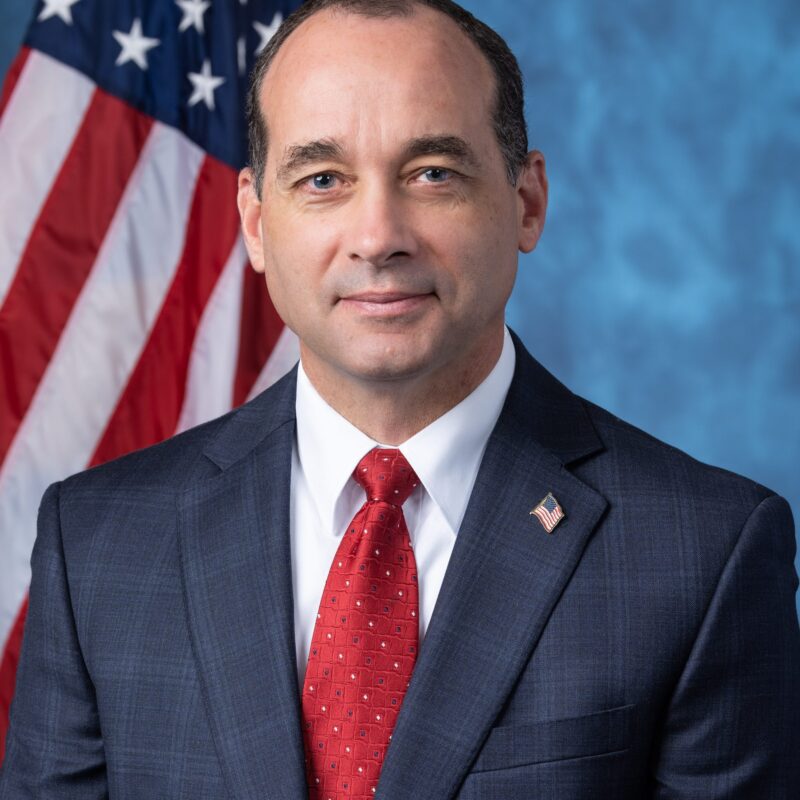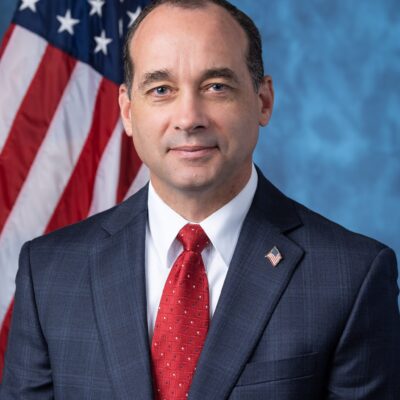Mildred Jeter married Richard Loving in June of 1958, expecting an ordinary life in Tidewater, Virginia, the community where they had grown up. Instead, they spent the next nine years in separation and effective exile from their home state. Mildred was black, Richard was white, and the “Racial Integrity Act” rendered their marriage a crime. Five weeks after they were married, the local sheriff arrested them in their bed. The Lovings were sentenced to a year in jail. The judge suspended their sentence on the condition that both leave the state for 25 years and never visit Virginia as a couple.
UVA’s Kaleidoscope Lounge was packed March 15 for a panel discussion of Loving v. Virginia, Mildred and Richard’s successful appeal, held in honor of the 40th anniversary of the 1967 Supreme Court decision. The panel included three speakers who were intimate with the case.
Professor Robert Pratt, who teaches at the University of Georgia, knew the Lovings as a boy in Baron, Virginia. Pratt has maintained his friendship with Mildred, who will be 68 this summer. As the crowd listened attentively, Pratt described Mildred as “just an ordinary black woman who wanted to marry an ordinary white man.”
According to Philip Hirschkop, the Lovings’ attorney, the so-called Racial Integrity Act shares with other laws of prejudice a basic “gross irrationality.” The greatest precedent set by Loving v. Virginia, said Hirschkop, is that the state was forced to demonstrate a “compelling interest” for such laws to exist—gross irrationality could no longer stand in court.
In the question-and-answer session that followed the panelists’ remarks, the audience raised the analogy of same-sex marriage. Hirschkop said that homosexuals’ right to marry will arrive only when the Supreme Court is ready to grant it. And even if that does happen, it may be a long time before other Americans take their status in stride. As Pratt noted, Alabama did not repeal its miscegenation laws until 2000. The late date was no thoughtless oversight: Forty percent of the electorate opposed the decision.
C-VILLE welcomes news tips from readers. Send them to news@c-ville.com.





